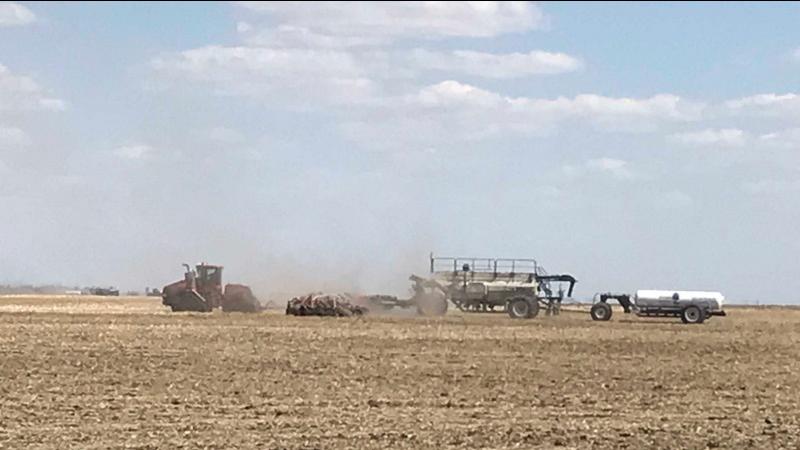
Farm groups disappointed but not surprised by ruling on carbon tax
The federal carbon tax will stay in place much to the disappointment of prairie farm groups.
Agricultural Producers Association of Saskatchewan (APAS) responded farmers are worried how the additional cost will affect their operations.
APAS president Todd Lewis said producers have been very concerned about the impact of the federal carbon tax on their sustainability.
“We don’t set the prices for our products and can’t pass those extra costs along the value chain, so it comes right out of our pockets,” Lewis said.


